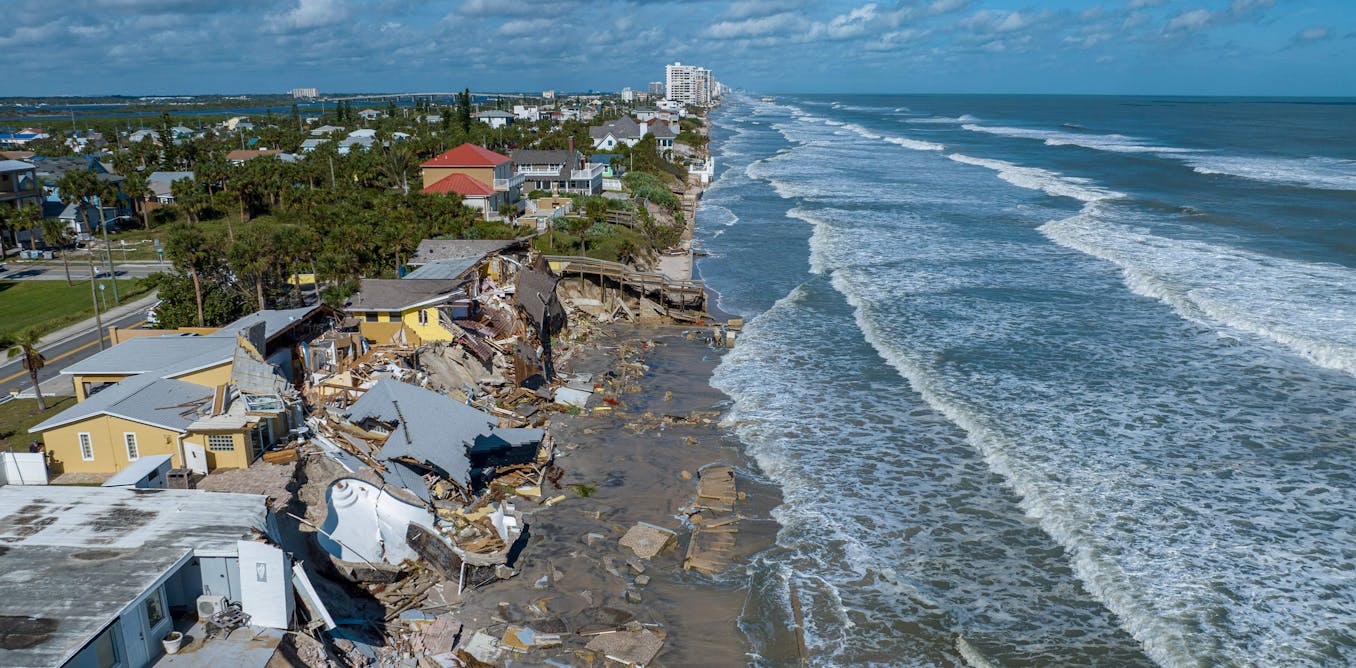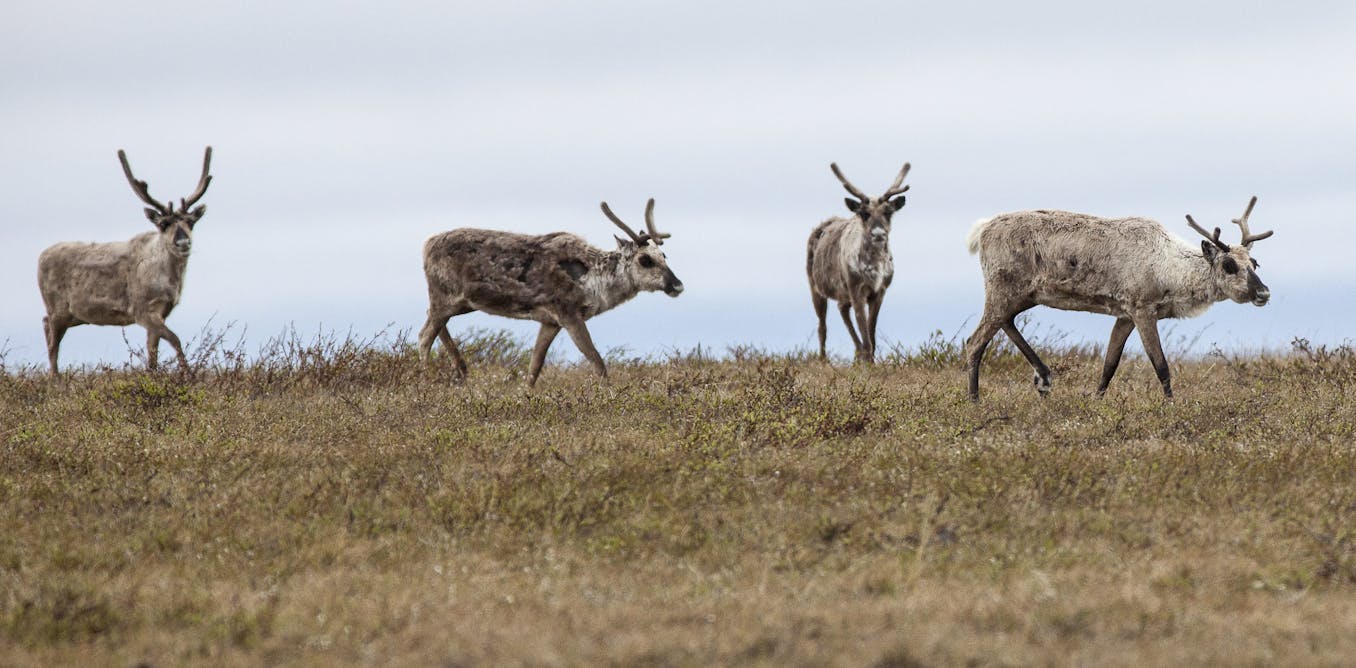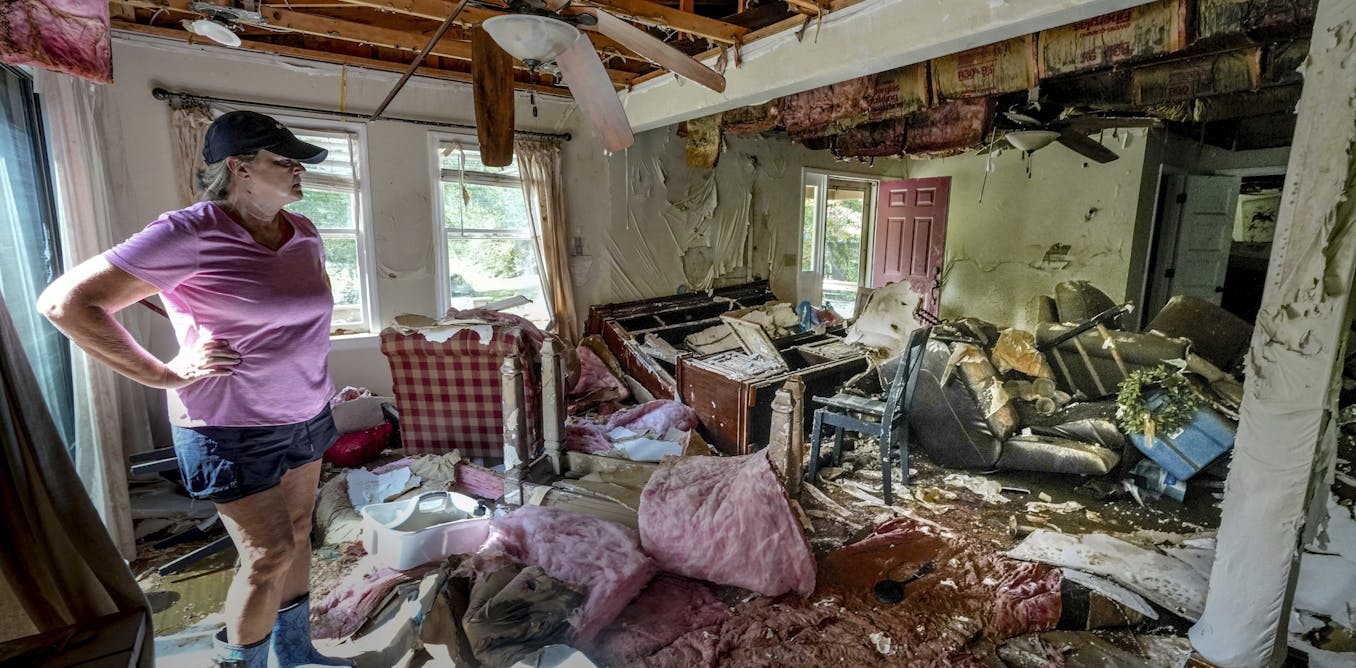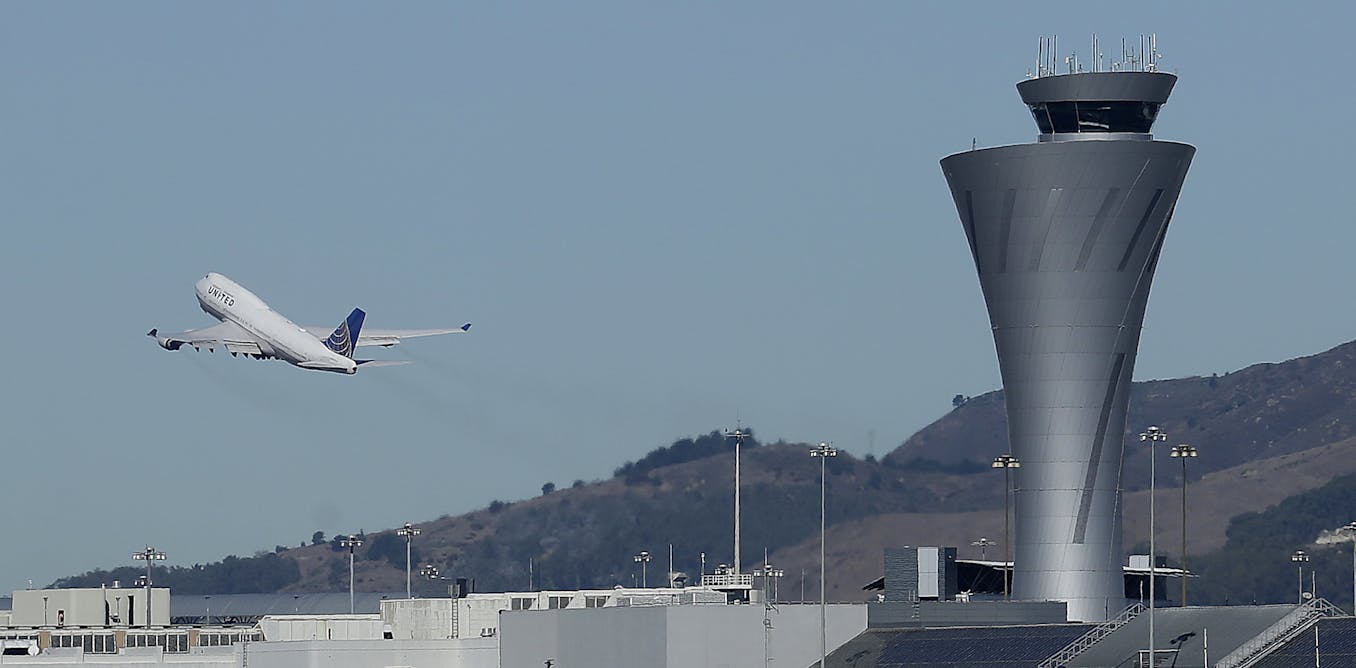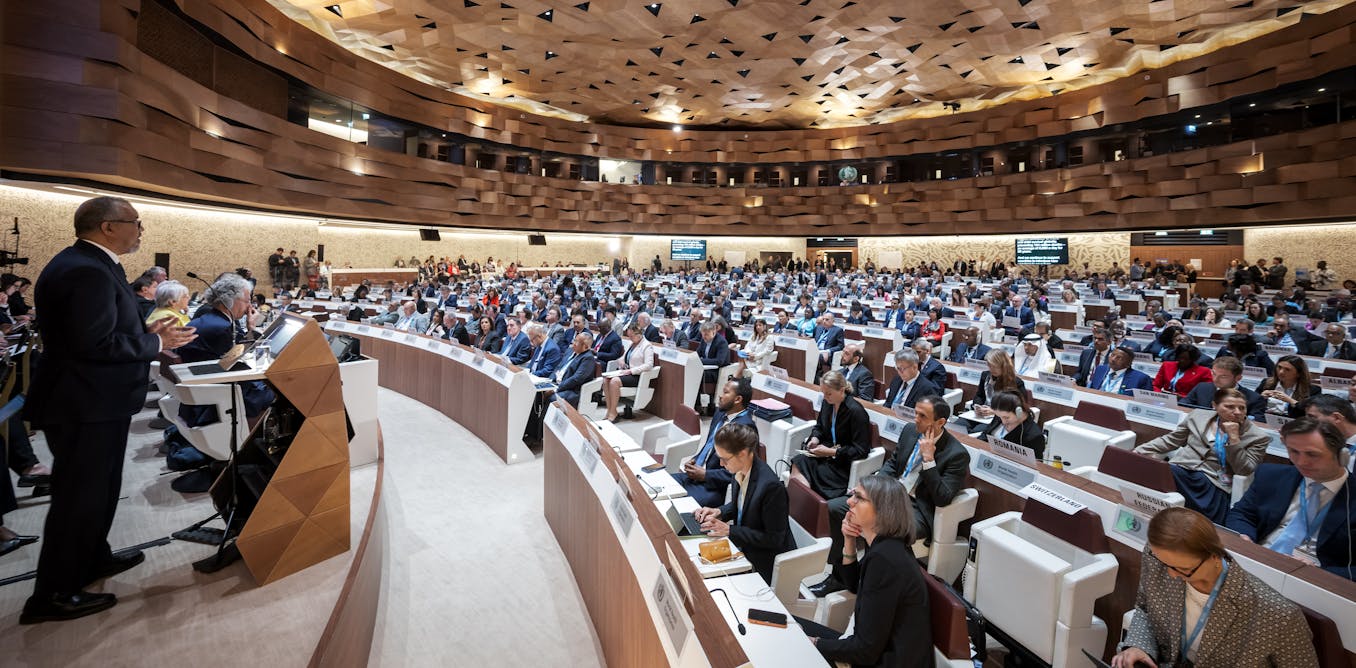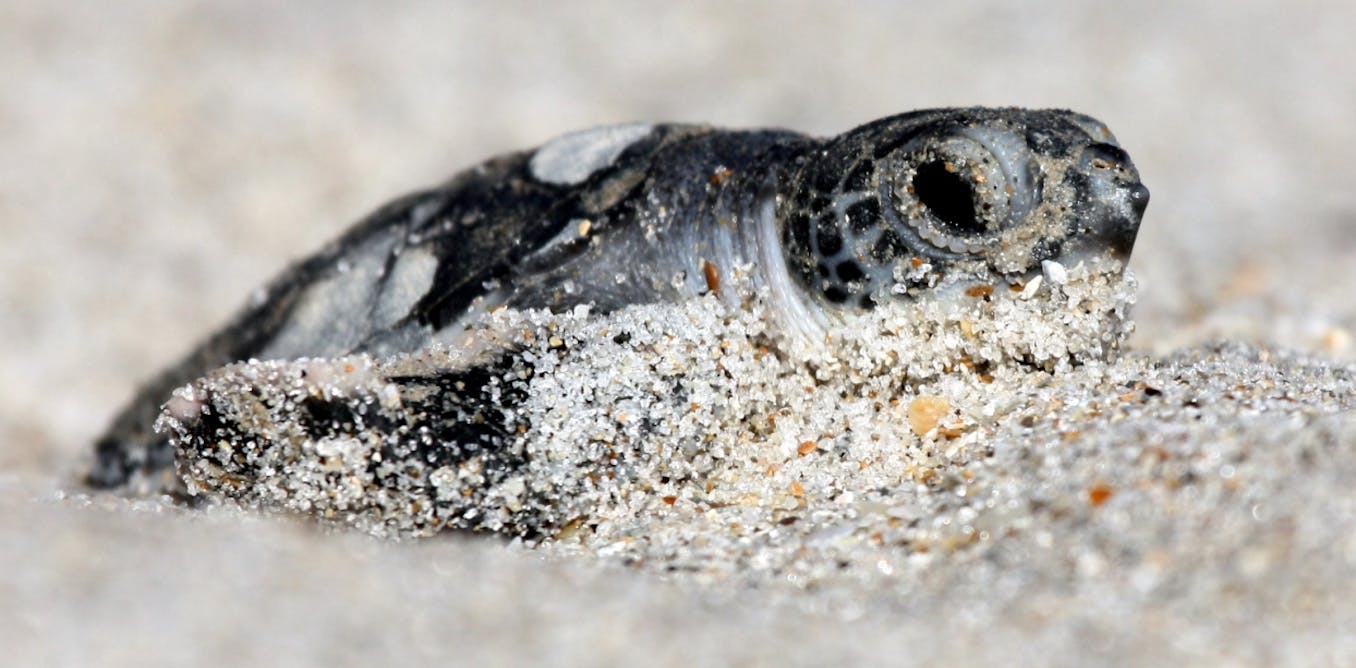Hurricane forecasters are losing 3 key satellites ahead of peak storm season − a meteorologist explains why it matters
The Defense Meteorological Satellite Program has been particularly important for understanding when a hurricane is about to rapidly intensify, a dangerous situation for coastal communities.
yesterday • ~8 min

